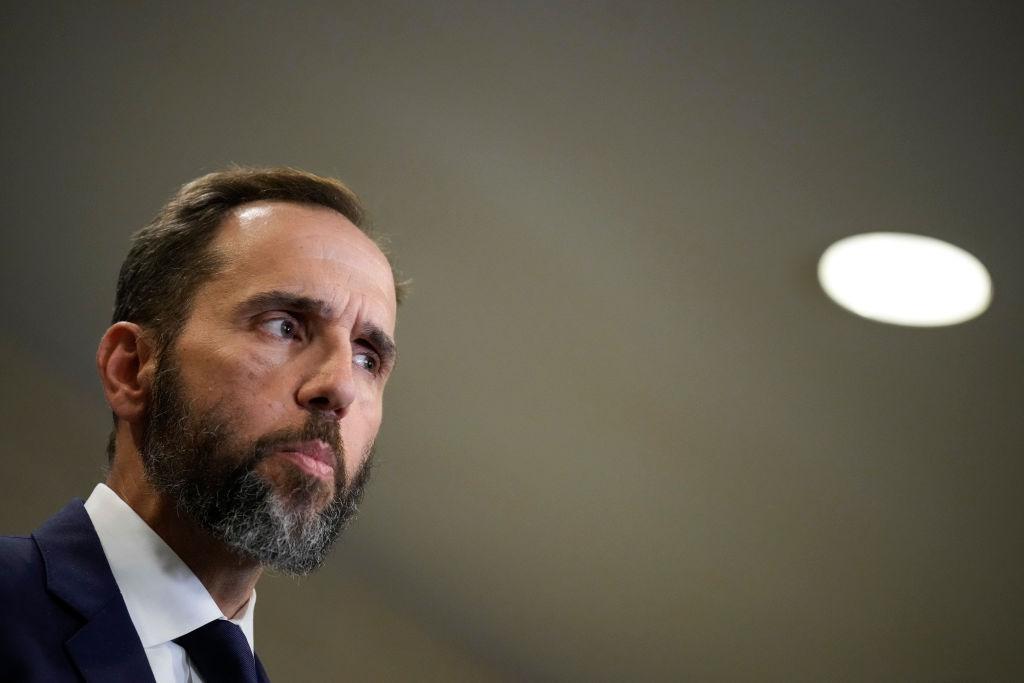Special counsel Jack Smith pushed back against former President Donald Trump’s request that trial begin in April 2026, saying “the defendant cites inapposite statistics and cases, overstates the amount of new and non-duplicative discovery, and exaggerates the challenge of reviewing it effectively.”
Lawyers for President Trump had objected to Mr. Smith’s proposal of a Jan. 2, 2024, trial date, filing a motion that claimed the Department of Justice’s “objective” was “to deny President Trump and his counsel a fair ability to prepare for trial.” One of the reasons provided was the 11.5 million pages that had already been provided by Mr. Smith’s office, which they say is equivalent to “the entirety of Tolstoy’s War and Peace, cover to cover, 78 times a day, every day, from now until jury selection,” or 99,762 pages per day.





